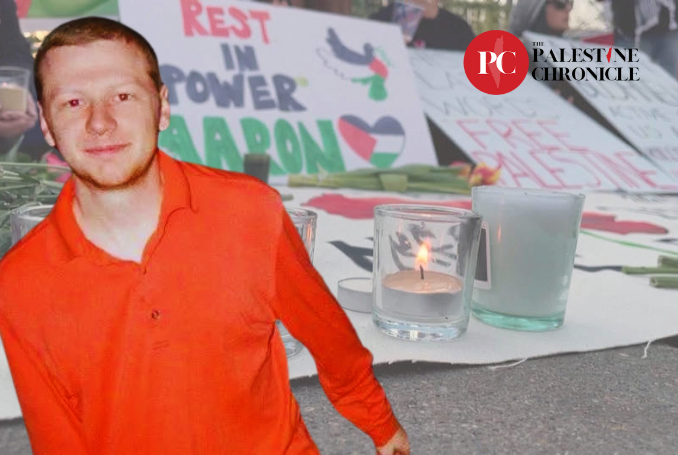
By Ilan Pappe – The Palestine Chronicle 
Hopefully, one day, in a liberated Palestine, there will be a street to commemorate these brave young men and women, who taught the world that what is taking place in Palestine is an injustice that cannot be tolerated.
Senior Airman Aaron Bushnell’s sacrifice for the sake of Gaza and Palestine became yesterday’s news too quickly.
Aaron was a cyber defense operation specialist in the US Airforce and he died at the age of 25 from injuries sustained when he set himself on fire in front of the Israeli embassy in Washington.
The official US army and police conveyed their sympathy to the family, but nothing was mentioned about the background and the cause Aaron was willing to die for.
At best, the incident was described as a ‘tragic event’. The Pentagon explained that Aaron’s protest was against the war in Gaza and ignored his main message, blaming the United States for being complicit in the genocide.
I hope most of us will not be content with the official response. If we are, it means we disrespect the brave outcry of this young man and, in that case, his sacrifice will be in vain.
It was no accident that Aaron Bushnell donned his military uniform and broadcast live his heroic act of sacrifice over the internet.
As “an active duty member”, he wrote, “I will no longer be complicit in genocide”.
‘Free Palestine’
This was his main message before dousing himself in a clear liquid and setting himself on fire, crying “Free Palestine”.
In the pre-action message, he wrote:
“I am about to engage in an extreme act of protest, but compared to what people have been experiencing in Palestine, at the hands of their colonizers, it’s not extreme at all.”
I write this piece with trepidation, making sure it does not sound like encouragement for others to go to that extreme – but find it difficult not to admire Aaron’s bravery acknowledged by the resistance movement in Gaza that praised the American pilot who:
“Immortalized his name as a defender of human values and the plight of the Palestinian people, who are oppressed by the American administration and its unjust policies.”
An Important Message
Aaron’s message is simple and clear: the US is complicit in the first-ever televised genocide in modern times. And if you serve in the American administration or army, then you, too, are complicit.
The physical venue where the complicity is translated into actual collaboration is, indeed, the Israeli embassy in Washington, and this is why Aaron decided to protest there.
Other parts of Aaron’s message need to be repeated and echoed by many of us.
He asked whether decent people should have been quiet during slavery in America, or during Apartheid in South Africa. Or everywhere in the world throughout history, when people sacrificed their lives in the struggle for justice?
Aaron was unable to stop the American complicity in the genocide, but he hoped that it would not go unnoticed.
But it is not only the message of Aaron’s self-sacrifice that is so important. His persona was equally crucial.
Everyone who knew him remembered him for “his kindness, gentleness, thoughtfulness”. A friend told reporters that he was “the kindest, gentlest, silliest little kid in the Air Force” and “one of the most principled comrades”.
The day before his self-immolation, he sent a will to his friend, gave his cat to a neighbor and mentioned to his friend that his fridge was full for them to enjoy.
We Need You
It is important to know who Aaron was, as the tendency is to describe young men like him as insane, fanatics or zealots.
The truth is Aaron was a healthy person who felt so helpless as to be part of an institution that is complicit in the suffering of the Palestinians.
He was a sensitive person who sacrificed his life, hoping this would send a message.
We shall beseech people not to take these extreme measures. We need them on the streets, at the protests.
We need them to quit positions and jobs to demonstrate their humanity in the face of a genocide that is televised to us on an hourly basis, one that is still ongoing.
Aaron was ready to face future challenges in life.
He was actively pursuing a bachelor’s degree in software engineering from the Western Governors University. Also, he had earlier engaged in coursework related to software development at the Southern New Hampshire University and computer science at the University of Maryland Global Campus, according to the information on his LinkedIn profile.
The mainstream media in the US asked how come a young man who loved the Lord of the Rings and karaoke would do something so extreme. They defined it as a mystery.
The answer for them was not Palestine, but Aaron’s association with the religious group, a cult he belonged to as a child and that allegedly mistreated its members.
The explanation US media provided was that when you leave a tight-knit group, you find it hard to belong elsewhere. Maybe this is true, but still, it does not explain Aaron’s act of self-sacrifice.
He did not do this because he was a lost soul.
To the contrary, the fact that he had experienced injustice, pushed him – in the words of his close friends – to try and “defend those who don’t care or can’t defend themselves”.
This is why he looked for ways of being a social activist for just causes.
Aaron is Not Alone
Mainstream media in the US refuses to accept Aaron’s, and many other young Americans’ perception of the injustice in Palestine as equal to that experienced by slaves in America, or the victims of American imperialism in Vietnam.
But more and more young Americans realize that the US policy is one of the major reasons for the ongoing suffering of the Palestinians. Many more will be aware of it now.
Aaron was not a superficial observer.
He felt uneasy being in the army and began, in the wake of the killing of George Floyd, to research the history of violence inflicted by the US, both domestically – against its own citizens – and across the world, against others.
His soul-searching led him to consider leaving the army. His dream of a career was strongly associated with a wish to earn enough money to help the just causes he believed in.
It is not only Aaron that we should not forget.
We still do not know the name and identity of the brave woman who set herself on fire in front of the Israeli consulate in Atlanta last December. Even in that case, a Palestinian flag was found at the scene.
Aaron reminds us of Norman Morrison who did the same in front of the offices of Robert McNamara, the most senior American politician responsible for the devastation of Vietnam in the mid-1960s.
And there were others in the US, such as Wyne Alan Bruce, who set himself on fire in April 2022 in Washington, on Earth Day, as a form of protest against international inaction in the face of environmental catastrophes, including climate change.
And beyond the US, we all remember Thich Quang Duc, the Buddhist monk who set himself on fire in 1963, in protest against the pro-American South Vietnamese persecution of Buddhist monks.
And we also remember Mohamed Bouaziz, the Tunisian food trader who, in his act of sacrifice, triggered what became known as the Arab Spring.
Inquiring a bit deeper, I was surprised to learn that hardly anyone in the US military voiced concern, let alone criticism, about the American involvement in the Israeli genocide in Gaza.
Therefore, one can understand how lonely Aaron must have felt.
I wish we could all have talked to Aaron and told him that we could have used his expertise for the cause we all believe in.
But the least we could do now is to remember him.
And hopefully, one day, in a liberated Palestine, there will be a street to commemorate these brave young men and women, who taught the world that what is taking place in Palestine is an injustice that cannot be tolerated.
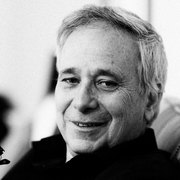
– Ilan Pappé is a professor at the University of Exeter. He was formerly a senior lecturer in political science at the University of Haifa. He is the author of The Ethnic Cleansing of Palestine, The Modern Middle East, A History of Modern Palestine: One Land, Two Peoples, and Ten Myths about Israel. He is the co-editor, with Ramzy Baroud of ‘Our Vision for Liberation.’ Pappé is described as one of Israel’s ‘New Historians’ who, since the release of pertinent British and Israeli government documents in the early 1980s, have been rewriting the history of Israel’s creation in 1948. He contributed this article to The Palestine Chronicle.



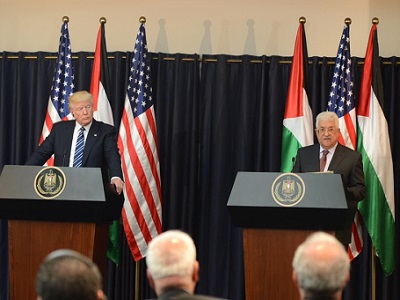
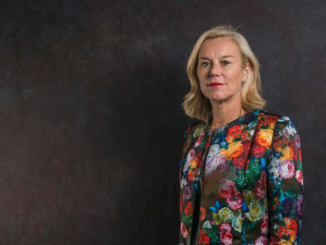
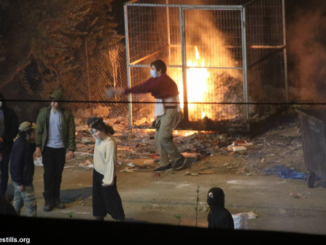


Thank you for this beautiful tribute to an American Hero. You have been a Hero of mine for a long time. Thank you for speaking to all the others who have done the same. Thank you for all you have done to help liberate Palestine. I feel we failed Aaron and all the others who felt and carried out such a sacrifice to try and wake people. How disgusting that his message was twisted and suppressed. I hope popular history soon remembers him as the true selfless warrior that he was!